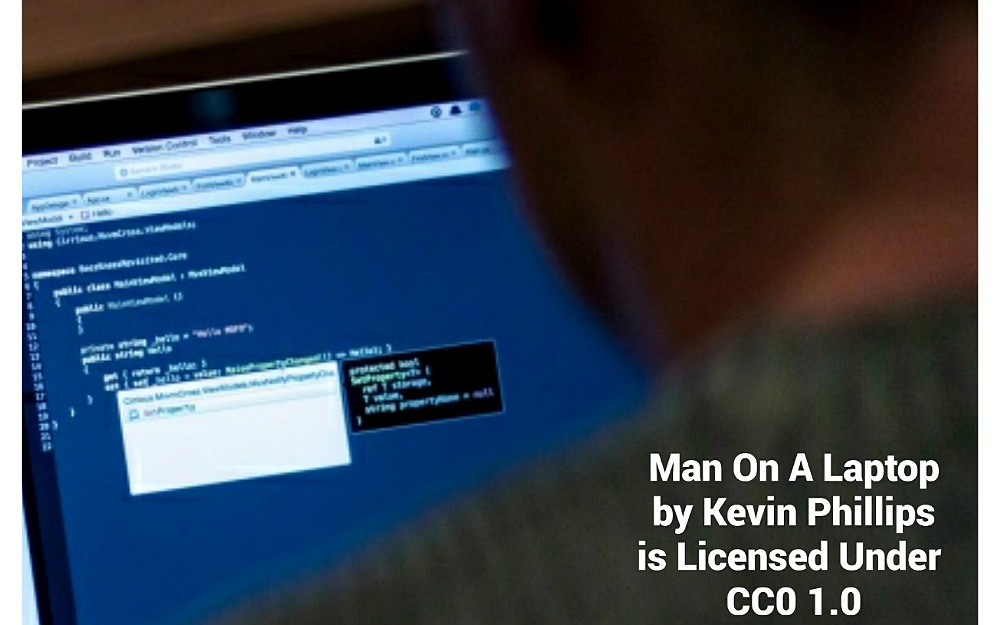By Debdutta Ghosh

The Phulwama, Kashmir, terrorist attack in which 40 security personnel were killed when a car laden with explosives was rammed into a convoy of security personnel in February 2019.
More than a year later, sleuths of the National Investigation Agency (NIA) probing the attack, came to know that the materials that were used to make the car bomb for the attack were bought by terrorists from an online retailer – Amaozn.com.
This was first instance that Indian security forces found that online shopping platforms were being used by terrorists in India to make such purchases to avoid suspicion as well as policing that would have been possible otherwise.
The information was fist shared with the India investigators by Amazon, informing the NIA about a buyer who used the site to buy ingredients for the making improvised explosive device (IED). The NIA used the details of the customer provided by Amazon such as the details of the online account on Amazon and traced them back to a 19-year-old in Srinagar, India, and arrested the youth.
The NIA found that the youth chemicals like ammonium powder for making IEDs, batteries, clothing and other accessories were bought by him from Amazon using his online shopping account on the retailer’s platform. He disclosed to the NIA sleuths that he was acting on the directions of Pakistan based terrorist organization Jaish-e-Mohammad.
Following this, the sleuths investigating the terrorist attacks realised that terrorist organizations were brainwashing young people – some in their teens in Kashmir, and roping them in for making online purchases, including chemicals used for manufacturing explosives.
This is however not the first instance that online retailing service3s had been used by terrorists to purchase materials and components that were later used in terrorist attacks. This new tactic by terrorists had been witnessed earlier in the western countries.
For example, Salman Abedi – the perpetrator behind the Ariana Grande concert attack in Manchester in 2017, was helped by his cousin who bought some of the chemicals from Amazon that Abedi used to build the bomb he later used in the attack.
On the other hand, firearms and ammunition were brought form online platforms by Brenton Tarrant days before he attacked a mosque in New Zealand
Similarly, a number of different online retailing platforms have been used earlier by terrorist organization ISIS for purchasing of drones for bombings. Such purchases were made in different countries and were then shipped to Syria.
This trend therefore presents a new challenge for law enforcement agencies about detecting how terrorists use funds, and what for. Many however also see this as an opportunity as it can be a source of suspicion to be detected. However this mode of acquiring materials for terrorist attacks can become a part of the financial tradecraft of terrorists which shows how complex the process has potentially become.
Further, when terrorists turn to the internet for purchasing could also reduce opportunities for members of the public to detect and report suspicious activity – which can be a very important tool for fighting terrorism. For example, a planned terrorist plot was foiled in the in the United Kingdom after an alert shopkeeper informed security agencies about a man making fertilizer purchases.
This trend however is very new for India and was used in one of the biggest terrorist attacks in the country. But sleuths and security agencies now need additional tactics, intelligence and skills to man online purchasing portals to prevent such activities in the future.
Escaping from Scam Center on Cambodia’s Bokor Mountain
UN Security Council Meets to Discuss Children and Armed Conflict
10 Shocking Revelations from Bangladesh Commission’s Report About Ex-PM Hasina-Linked Forced Disappearances
Migration Dynamics Shifting Due to New US Administration New Regional Laws
UN Security Council Meets to Discuss the Maintenance of International Peace and Security and Artificial Intelligence
Winter Brings New Challenges for Residents living in Ukraine’s Donetsk Region
Permanent Representative of Israel Briefs Press at UN Headquarters
Hospitals Overwhelmed in Vanuatu as Death and Damage Toll Mounts from Quake
Subscribe Our You Tube Channel
Fighting Fake News
Fighting Lies












